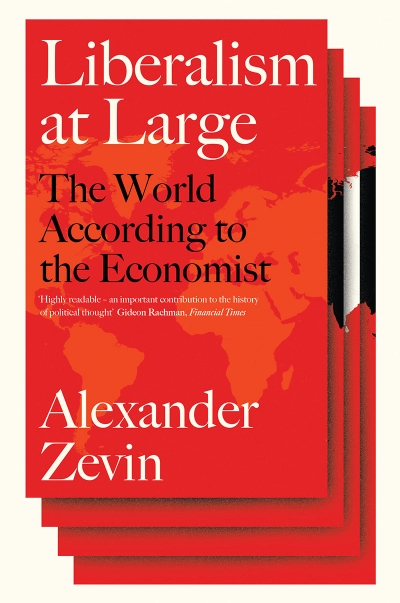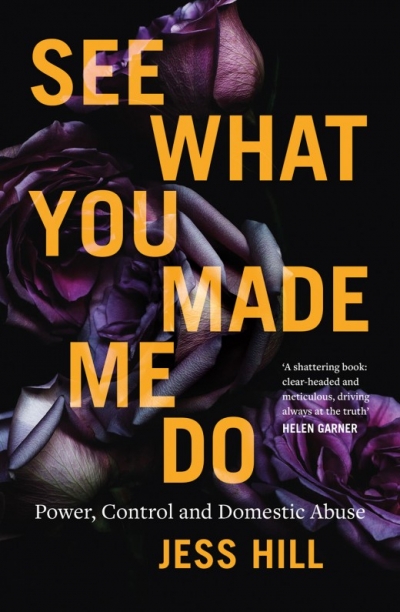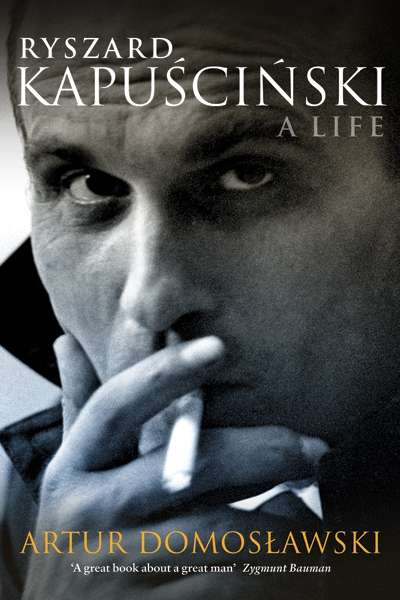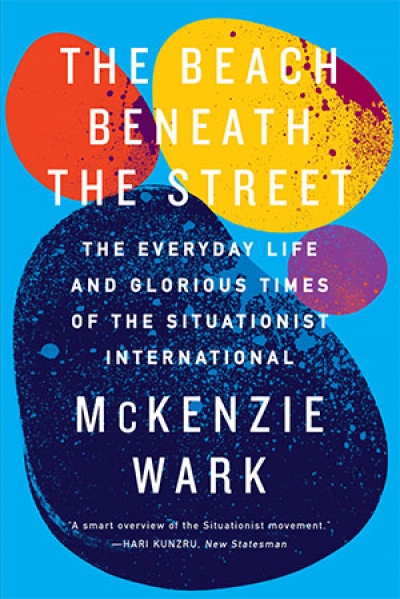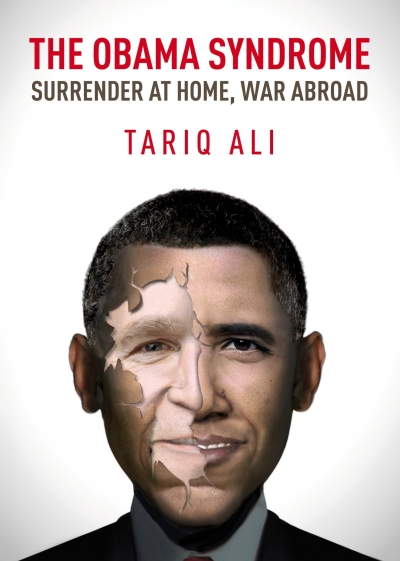Verso
Liberalism at Large: The world according to The Economist by Alexander Zevin
by Dominic Kelly •
See What You Made Me Do by Jess Hill & Rape: From Lucretia to #MeToo by Mithu Sanyal
by Zora Simic •
The Darkest Days: The truth behind Britain's rush to war, 1914 by Douglas Newton
by Nigel Biggar •
The Seasons of Trouble: Life amid the ruins of Sri Lanka’s civil war by Rohini Mohan
by Emily Howie •
The Passion of Bradley Manning: The Story Behind the Wikileaks Whistleblower by Chase Madar
by Jay Daniel Thompson •
Ryszard Kapuściński: A Life by Artur Domosławski, translated by Antonia Lloyd-Jones
by Sheila Fitzpatrick •

